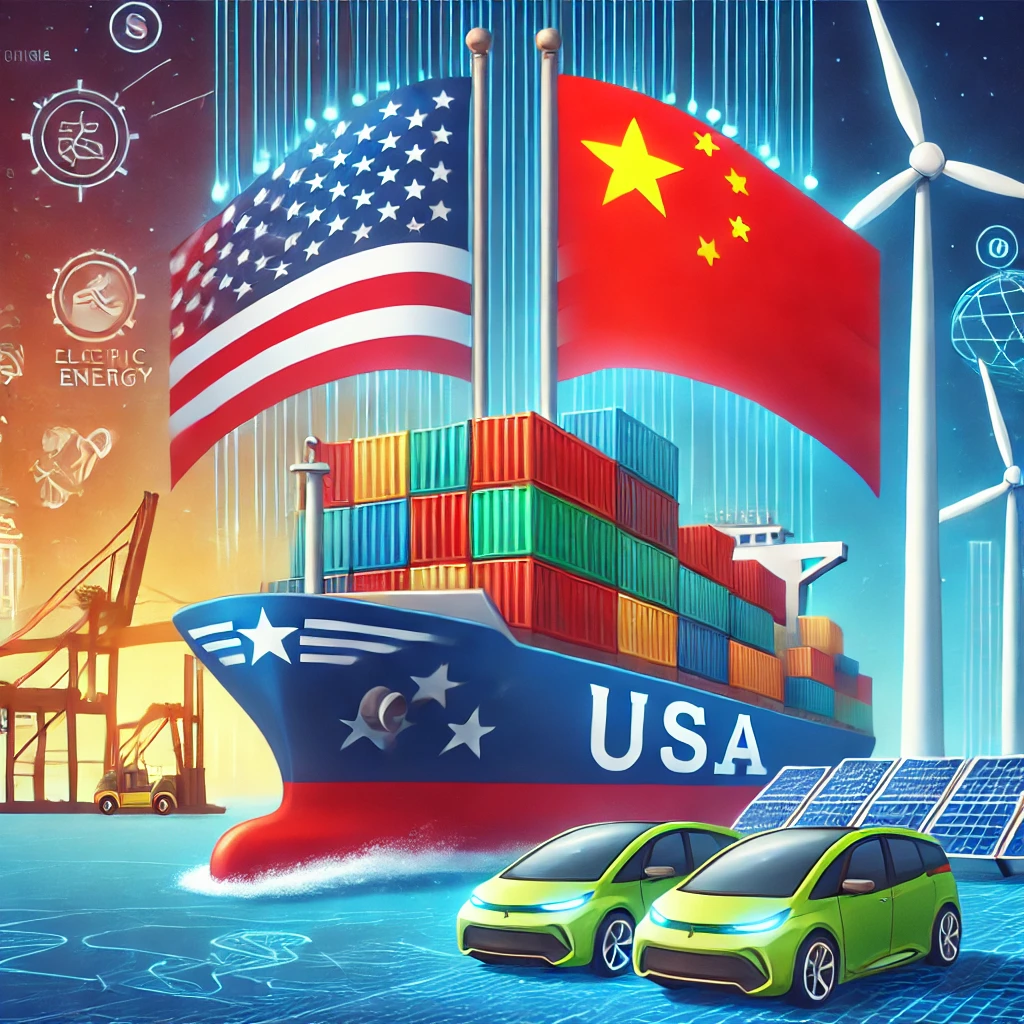In a move that could significantly impact U.S. trade dynamics, the Office of the U.S. Trade Representative (USTR) is set to make a final determination on President Joe Biden’s proposed tariff increases on China-made goods later this month. This decision follows a detailed plan laid out by the Biden administration in May, targeting key sectors such as electric vehicles, solar cells, and semiconductors.
The proposed tariff hikes include a substantial 100% increase on electric vehicles set to commence this year, with additional increases on semiconductors and natural graphite to be phased in over the next two years. The rationale behind these increases is to bolster the U.S.’ competitive standing in the clean energy and technology sectors, areas of significant focus for the Biden administration.
Industry Reactions
The proposed tariff hikes have elicited varied reactions from different industry stakeholders. During a public comment period initiated by the USTR, more than 1,100 comments were submitted, reflecting a broad spectrum of opinions and concerns.
Concerns from Manufacturing and Retail Sectors
Several manufacturing and retail groups have voiced their apprehensions about the potential economic repercussions of the tariff hikes. The National Retail Federation highlighted the likelihood of increased prices for U.S. companies and potential retaliatory measures from China against U.S. exports. Similarly, the National Association of Manufacturers criticized the tariff increases as insufficient to counteract unfair trade practices outside the U.S. and expressed concern over the immediacy of the proposed actions.
Impact on U.S. Ports
The proposed tariff increases have also raised alarms about potential disruptions to operations at U.S. ports. Senators Tim Kaine, Mark Warner, Raphael Warnock, and Jon Ossoff, along with the South Carolina Ports Authority, Virginia Port Authority, and Georgia Ports Authority, have all submitted comments highlighting the negative impact a 25% tariff increase on ship-to-shore cranes could have on port operations.
Support for Tariff Increases
Despite the widespread concerns, some organizations have expressed support for the proposed tariff hikes. The Alliance for American Manufacturing (AAM) backed the increases but urged the USTR to carefully consider the long-term implications of any exclusions, particularly those related to solar manufacturing equipment. Additionally, U.S. Steel advocated for even more aggressive tariff measures on Chinese steel products.
Next Steps
The USTR is set to announce its final determination later this month, after thoroughly reviewing the public comments. If the determination is in favor of the proposed increases, the tariff hikes scheduled for 2024 will go into effect approximately two weeks later.
As the U.S. navigates these potential changes, the final outcome will undoubtedly shape the future of trade relations, domestic manufacturing, and economic strategies in the clean energy and technology sectors.
Sources:
